
Zimbabweans reacted with anger and confusion on X after the government announced a new 0.5% cash withdrawal levy in the 2026 National Budget.
Many citizens say the tax will make banking more expensive, push people back to using cash, and increase the cost of living at a time when people are already struggling.
The withdrawal levy comes on top of existing taxes like IMMT and a higher VAT, leaving many asking how ordinary people are expected to survive.
Finance Minister Mthuli Ncube’s 2026 budget introduced several changes that immediately affected how people move money:
- 0.5% cash withdrawal levy for amounts above ZW$500
- IMMT stays at 2% for USD but drops slightly to 1.5% for ZiG
- VAT increased from 15% to 15.5%
For most Zimbabweans, this means every transaction now costs more, whether they use cash or swipe cards.
On X, many quickly pointed out that even though the IMMT on ZiG was reduced, the increase in VAT will still push prices up.
One user summed it up:
“I swipe more money for groceries, and VAT will just take the 0.5% back. Nothing has changed.”
‘Why Use the Bank When Cash Is Cheaper?’
The new levy has once again raised the old fear: money in the bank loses value, while cash in hand doesn’t attract taxes.
Blessing Museki wrote:
“Anyone with basic maths would not choose electronic payments unless money in the bank matches cash in hand. In Zimbabwe it doesn’t.”
Many warned that the levy will only push people back into the informal economy, where they avoid charges and keep full control of their money.
Professor Gift Mugano questioned why the government would introduce a levy right after promising to reduce bank charges in September:
“This move will increase the use of cash. Why would people use formal payments when cash has no taxes?”
A major complaint was that the withdrawal levy hurts the poorest Zimbabweans the most.
Related Stories
One user said:
“The ordinary person is punished for withdrawing more than 500, while big spenders withdraw huge amounts with no stress.”
Some also warned that manufacturers and large companies will simply avoid the levy by paying suppliers in cash — a move that could worsen the cash economy.
“Companies with access to cash will just increase cash payments to avoid these costs,” one user said.
A few users argued that the levy is meant to encourage electronic payments, which are safer and faster.
But the majority disagreed, saying people avoid banking not because they love cash, but because the charges are too many and too high.
One person said:
“We would use the banking system if transfer charges were removed. The whole system is charges on top of charges.”
Across X, the main feelings were frustration and fatigue.
Terrie @vybertee101 wrote:
“We are a low-income country but heavily taxed. Every year the budget brings new taxes.”
Another user said:
“Their love for taxing citizens is unbelievable. These taxes fund the luxuries of a few elites.”
Many agreed that the withdrawal levy, increased VAT and persistent IMMT charges will make people rely even more on the informal market — the exact opposite of what the government says it wants.
What This Means for 2026
With the new levy and higher taxes:
- Food and basic goods will become more expensive
- Electronic payments will remain costly
- More people will avoid banks
- Cash will continue to dominate the economy
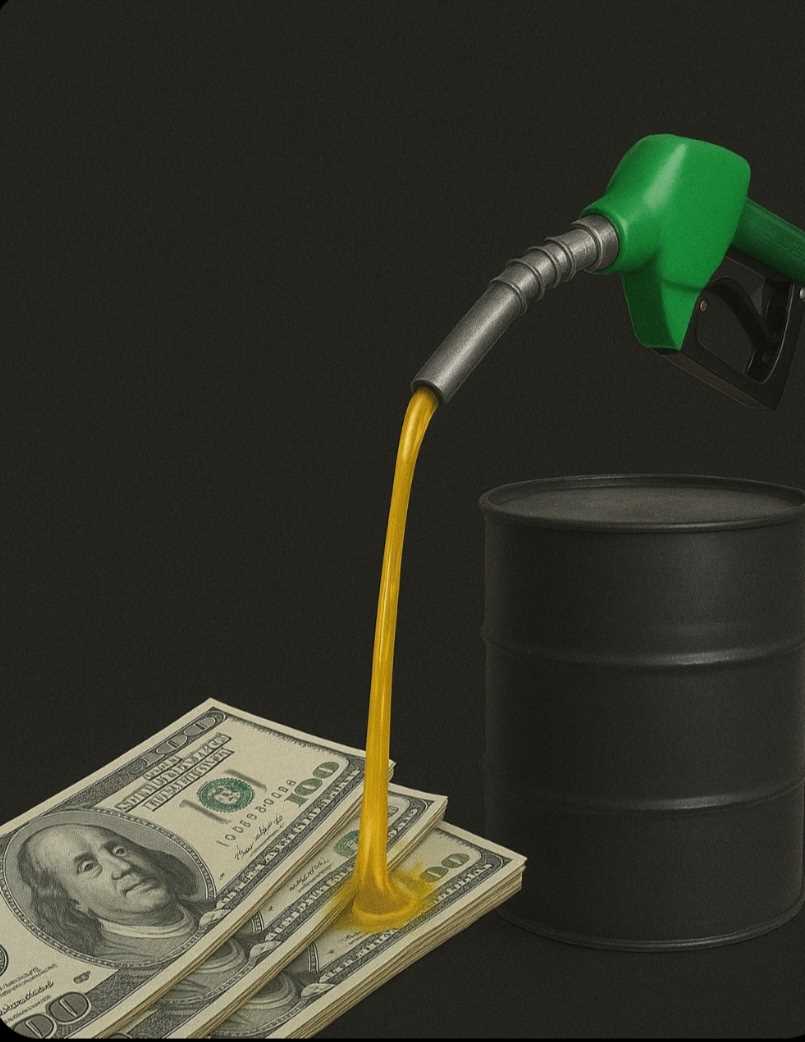


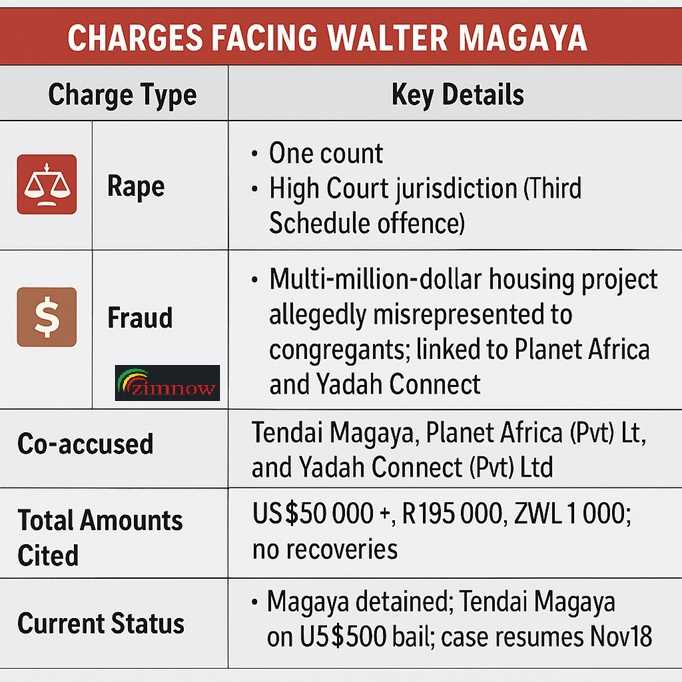
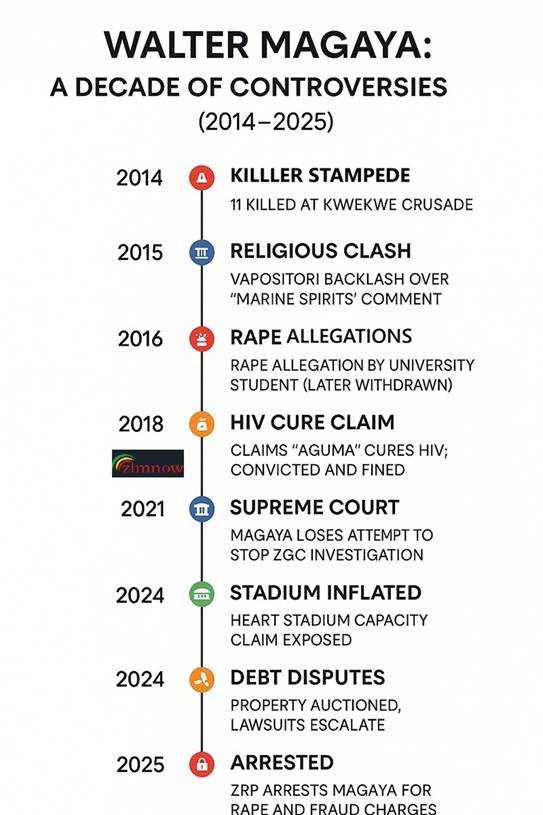
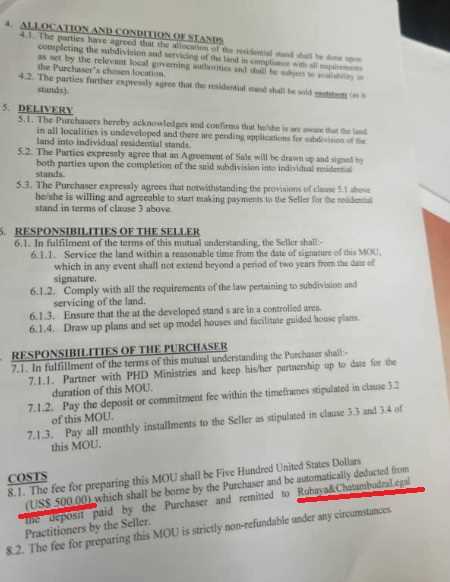




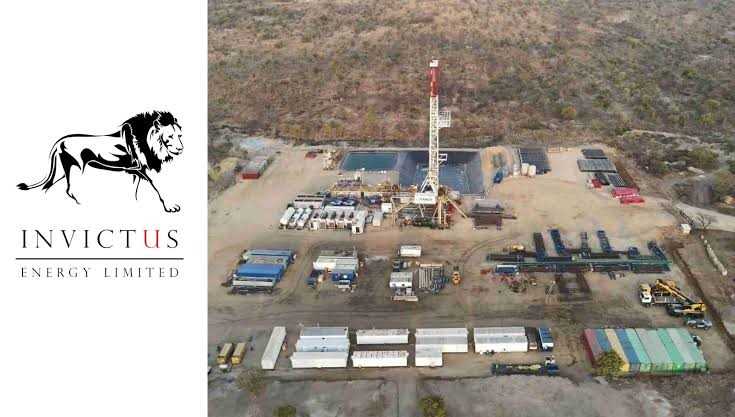
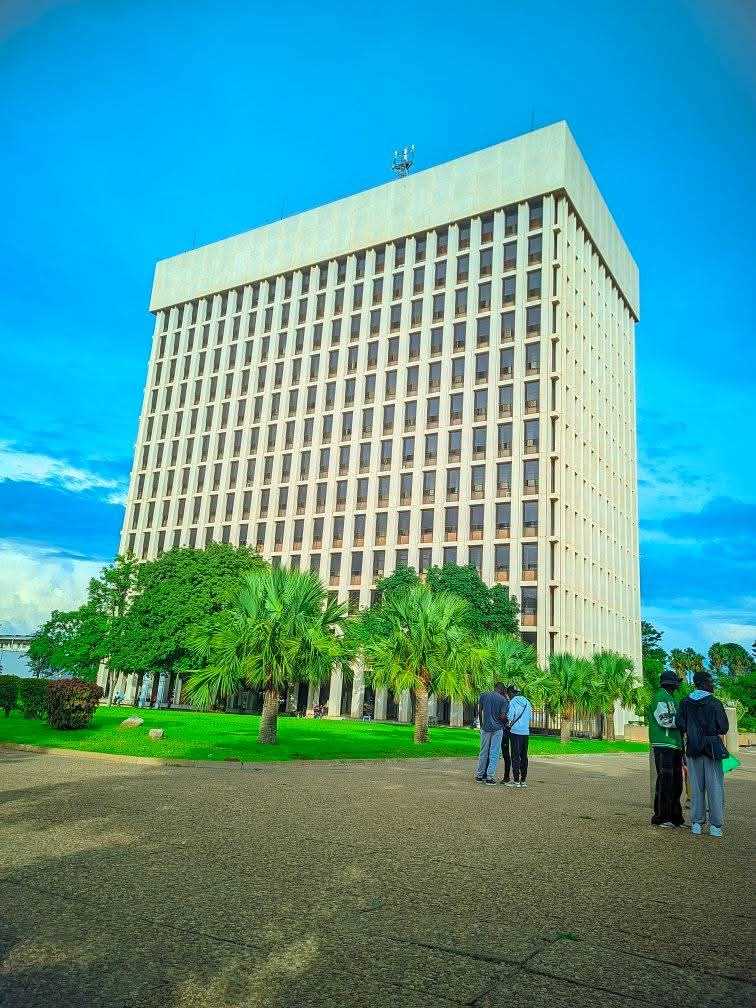

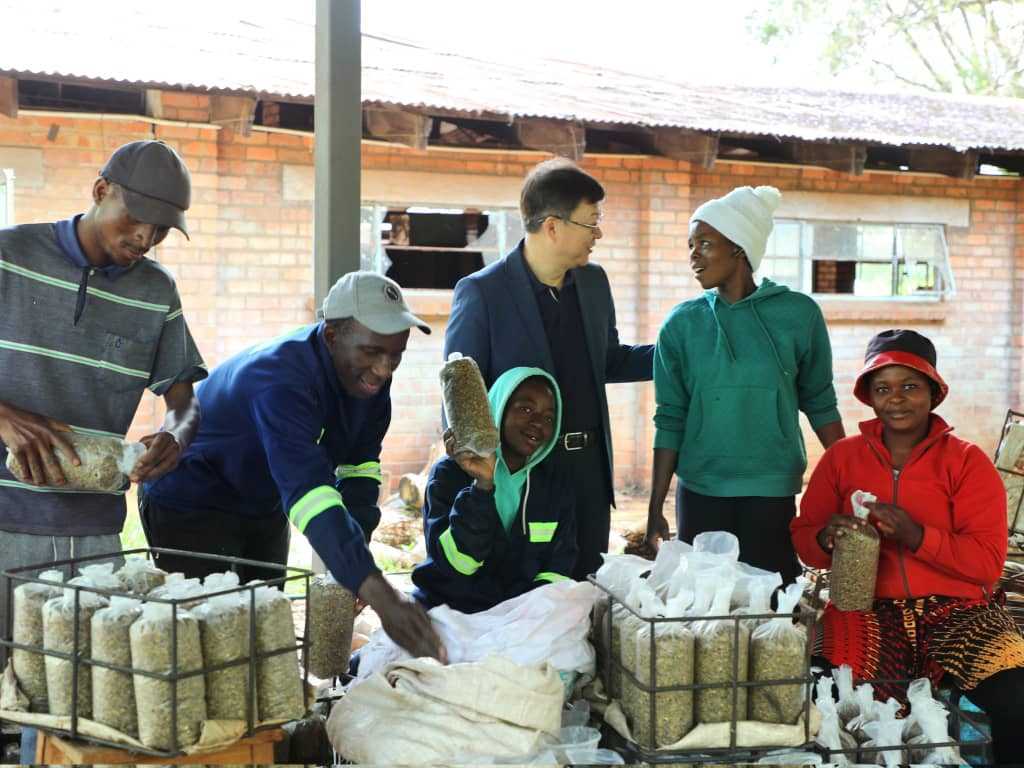



Leave Comments